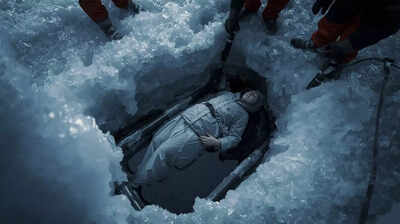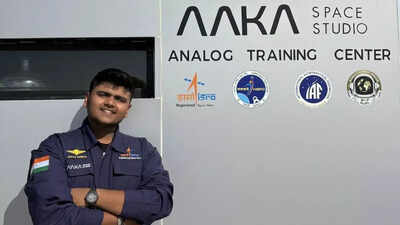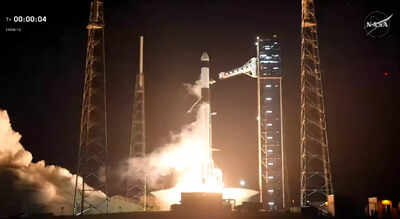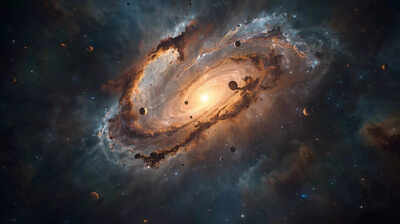Axiom-4: Shubhanshu Shukla starts microgravity research with experiment on skeletal muscle degradation |
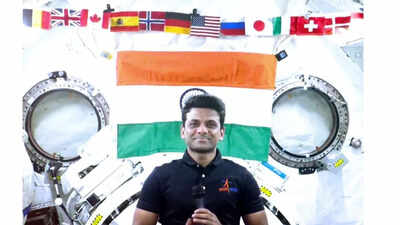
Group Captain Shubhanshu Shukla has officially begun his scientific mission aboard the International Space Station (ISS) as part of the Axiom-4 mission. On June 29, 2025, he initiated microgravity research, including a critical experiment on muscle degradation known as Myogenesis. The study, conducted in the Life Sciences Glovebox (LSG), aims to uncover how skeletal muscles deteriorate in space, a key health concern for astronauts. Shukla’s work is part of a broader Indo-international collaboration involving ISRO, NASA, and Axiom Space, marking a significant milestone in India’s growing footprint in space-based life sciences research.
Studying muscle loss and brain function in space
The Myogenesis experiment, proposed by Bengaluru-based Institute for Stem Cell Science and Regenerative Medicine (InStem), is one of seven ISRO-backed microgravity experiments selected for this mission. Using the ISS’s Life Sciences Glovebox, Shukla is exploring how muscles degrade in space, a problem that affects astronauts on long-duration missions. By identifying the biological pathways of muscle deterioration, researchers aim to develop therapies for both astronauts and people with muscle-degenerative diseases on Earth. In parallel, the crew began the Cerebral Hemodynamics study, using ultrasound to observe how microgravity impacts blood circulation in the brain, with implications for treating stroke and hypertension.
India’s growing role in space-based life sciences
This mission marks a crucial step for India in developing a microgravity research ecosystem. ISRO has supported seven experiments from Indian R&D labs and academic institutions, all of which Shukla will help carry out during his 14-day stay. Alongside these, NASA and ISRO are collaborating on five joint science investigations and two in-orbit STEM demonstrations. Axiom Space reports that the Axiom-4 mission includes about 60 experiments from 31 countries, making it one of the most diverse scientific missions to date. With Shukla’s contributions, India is not only participating but helping lead efforts to understand the human body in space.


